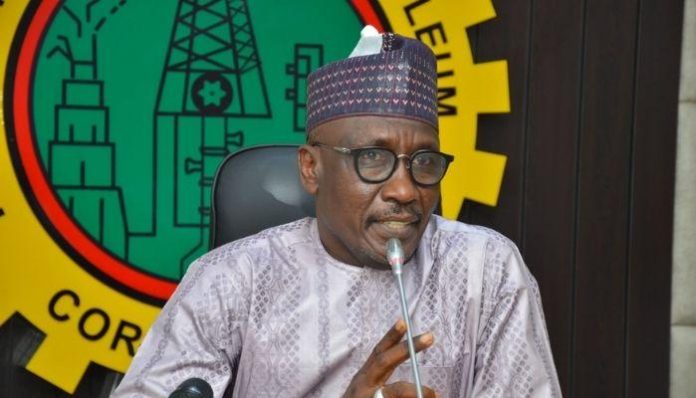As Mele Kyari, the Chief Executive Officer (CEO) of the Nigerian National Petroleum Company (NNPC) Limited, approaches his 60th birthday on January 8, 2025, debates surrounding his tenure have reignited discussions about leadership and governance at Africa’s largest oil company.
Kyari, appointed in 2019 by then-President Muhammadu Buhari, holds the distinction of being the longest-serving NNPC head since Nigeria’s return to democracy in 1999. His tenure has outlasted those of notable predecessors such as Funsho Kupolokun (2003–2007) and Augustine Oniwon (2010–2012). However, the restructuring of NNPC into a limited liability company in 2021 under the Petroleum Industry Act (PIA) has blurred the lines of traditional public service rules.
Public Service Rule vs Corporate Autonomy
Under the PIA, NNPC Limited aligns with the Companies and Allied Matters Act (CAMA), exempting it from public service restrictions such as age or tenure limits. This restructuring arguably allows Kyari to claim a fresh five-year term starting in 2021, potentially extending his leadership until 2027.
“The PIA was intended to grant NNPC greater autonomy, reducing political interference,” said Adewale Adebayo, a Lagos-based energy lawyer. “If public service rules are overridden, it could undermine the very reforms the Act sought to implement.”
Emeka Nwosu, an energy consultant, echoed these concerns, stating, “While Kyari has led notable projects, lingering issues around accountability, particularly regarding pipeline security in the Niger Delta, remain unaddressed.”
Succession Speculations
As speculation mounts over Kyari’s potential departure, prominent figures have emerged as possible successors. Bayo Ojulari, a former Managing Director of Shell Nigeria Exploration and Production Company (SNEPCO), is reportedly being considered by President Bola Tinubu. Known for his pivotal role in Shell’s $2.3 billion onshore asset acquisition in Nigeria, Ojulari brings over three decades of industry experience.
From the North, Ahmadu Musa Kida, a former TotalEnergies executive, has garnered significant backing. With 35 years of expertise and a postgraduate diploma in petroleum engineering, Kida’s candidacy is seen as a strategic compromise to balance regional interests while advancing NNPC’s growth agenda.
Ethnic and Political Undercurrents
Ojulari’s potential appointment has drawn criticism, particularly from northern stakeholders who perceive an ethnic imbalance in President Tinubu’s key appointments. Farooq Kperogi, a Nigerian professor based in the US, recently accused Tinubu of favouring Yoruba appointees in his restructuring of NNPC.
In response, Nasir El-Rufai, the former Kaduna State governor, cautioned against exclusionary practices. “Two wrongs do not make a right. Sensible inclusion always trumps arrogant exclusion,” he said in a social media post, indirectly referencing Buhari’s alleged northern bias during his administration.
NNPC Defends Leadership Diversity
Olufemi Soneye, NNPC’s Chief Corporate Communications Officer, dismissed Kperogi’s claims as “divisive narratives.” He highlighted the company’s commitment to diversity, noting that its leadership includes professionals from across Nigeria and beyond.
“NNPC remains a professional organisation driven by a diverse and inclusive ethos,” Soneye stated. He also defended President Tinubu’s leadership, emphasising the administration’s respect for NNPC’s autonomy under the PIA.
As Kyari’s tenure faces legal and ethical scrutiny, the decision on NNPC’s leadership transition could shape the company’s trajectory and influence Nigeria’s energy sector for years to come.











